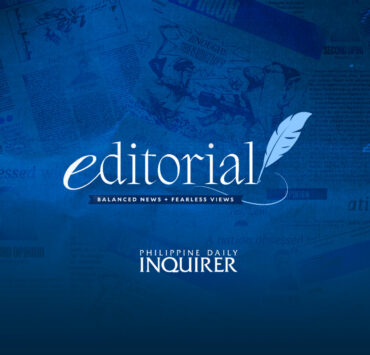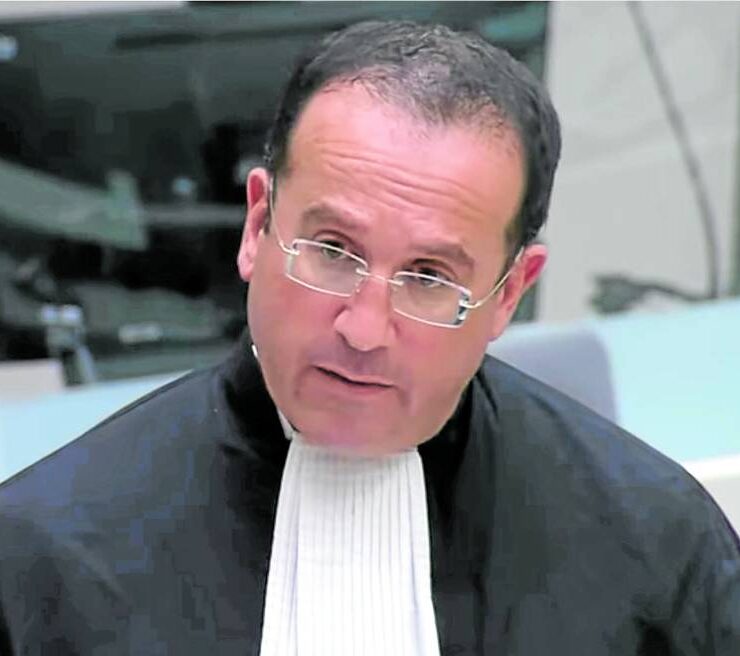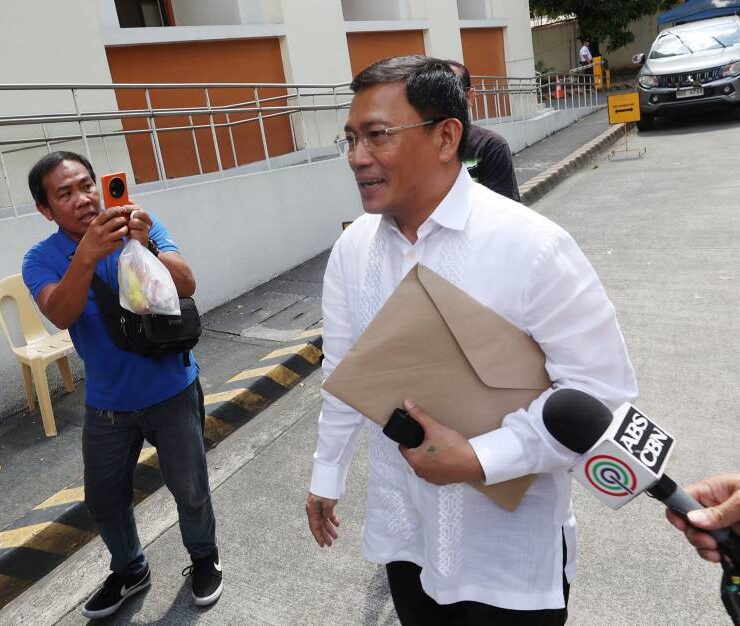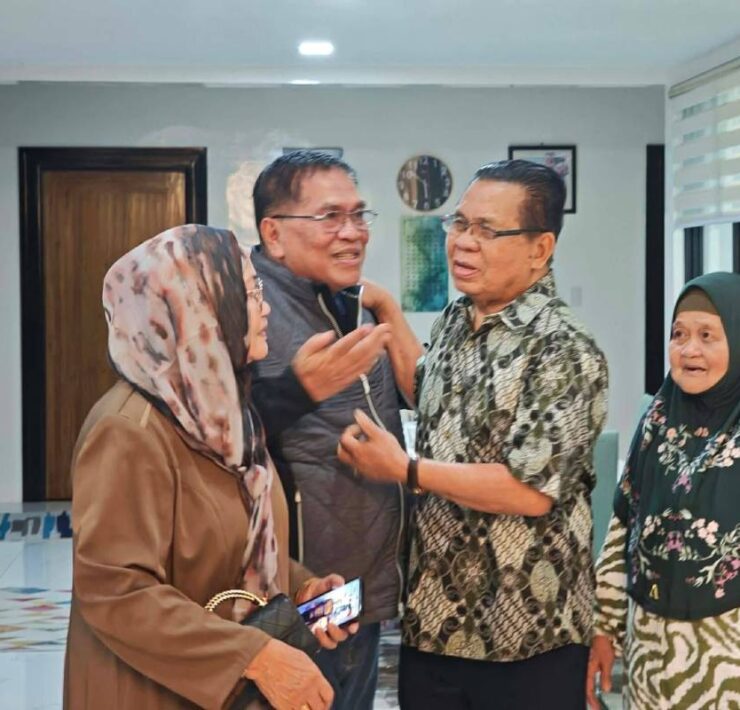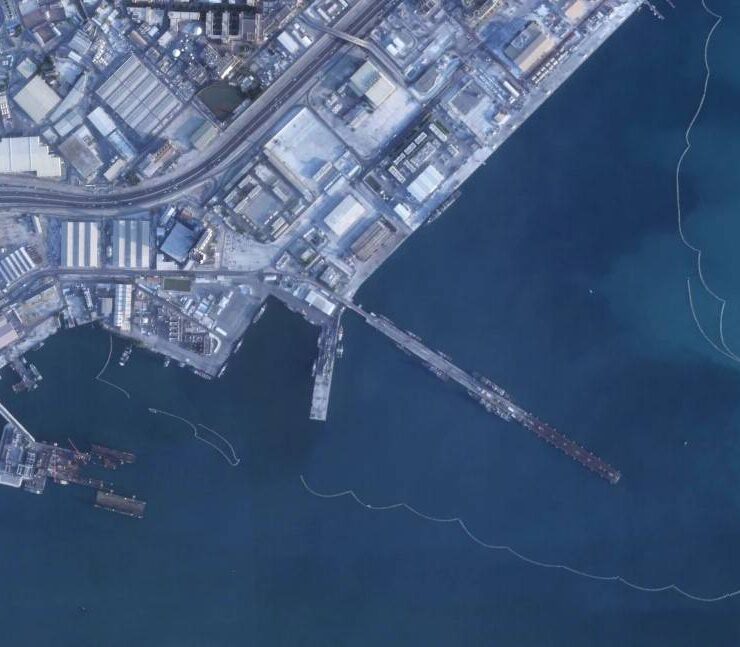Modernity, ‘wokeness,’ and DEI
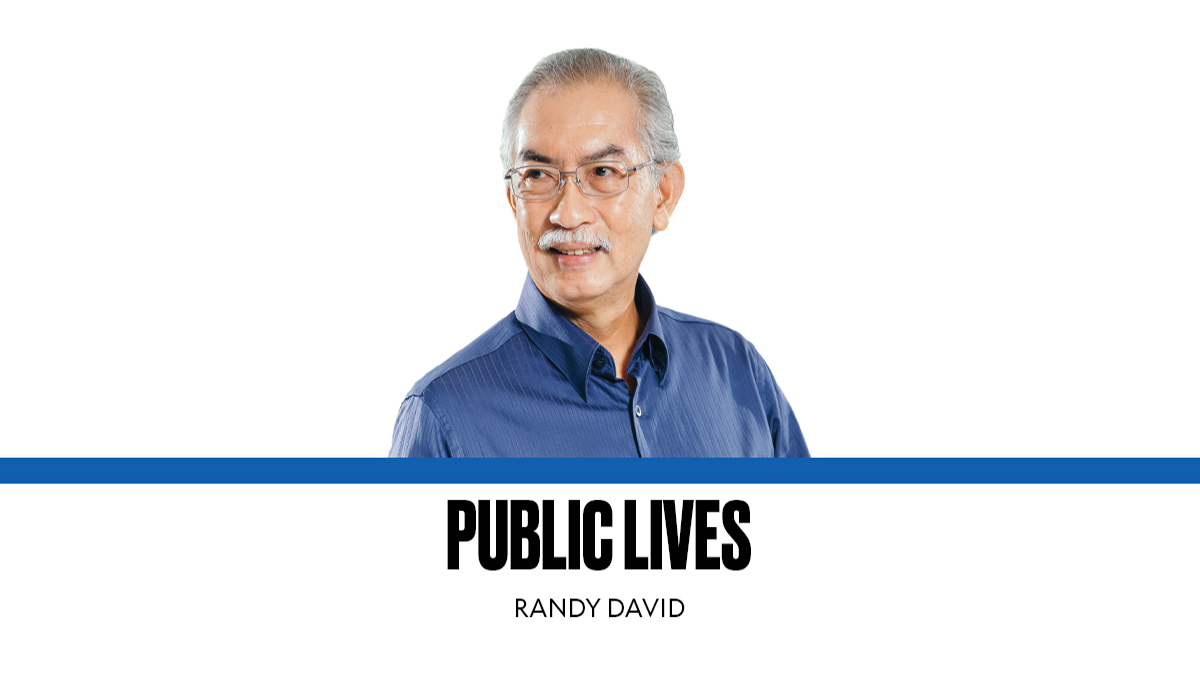
Last week’s column, (see “The American backlash against modernity,” 1/26/25) elicited responses that seemed to conflate three distinct yet related ideas: modernity, “wokeness,” and diversity, equity, and inclusion (DEI). Here, I aim to clarify how these concepts differ and intersect.
While these concepts are most often discussed in the West, particularly in America’s culture wars, the tensions they reflect are not exclusive to Western societies. The Philippines, for example, is experiencing its own fraught transition to modernity, shaped by its complex engagement with a globalized world. The issues this brings about are evident in current discussions of proposed legislation.
Modernity. Modernity is a broad and evolving concept. Early definitions associated it with the rise of capitalism, scientific thinking, rational decision-making, industrialization, urbanization, individualism, automation, the nuclear family, and romantic love. These developments do not simply accompany modernity; they constitute its essence. But what’s their common denominator? They tend to be seen together in a new kind of social structure called modern.
Sociologists such as Niklas Luhmann define modernity in contrast to premodern society. Traditional societies are internally differentiated and organized around fixed hierarchies and segmentations—clans, tribes, ethnicities, and castes—whereas modern societies are based on functional differentiation. In this framework, a person’s role and worth are determined by what they do or can do rather than by inherited status.
Modern societies are also decentralized, with various systems—political, economic, legal, scientific, media, religious, artistic—operating autonomously yet interacting with one another. Luhmann sees this as an evolutionary advance, though not without significant challenges, including excessive individualism, deepening social inequality, and the overpowering influence of global structures on local societies. While he viewed world society as an inevitable outcome of modernity, other theorists propose the idea of “alternative modernities,” recognizing that different societies experience modernization in diverse ways.
Wokeness. The term “woke” originated in African American Vernacular English, referring to awareness of structural injustice and systemic discrimination. A Filipino equivalent is “mulat,” meaning an awakened consciousness of underlying biases and hidden power structures—especially those concealed within language itself.
Because wokeness challenges established norms, it is sometimes mistaken for modernity itself. However, it functions more as a critique of modernity’s failures. Consider meritocracy, a defining feature of modern institutions. While ostensibly fair, meritocratic systems often obscure underlying inequalities, allowing structural advantages to persist unchallenged. To be “mulat” is to recognize and expose these hidden disparities.
Modernity promised equality but left structural inequities intact. It promoted free speech but often ignored marginalized voices. It championed scientific objectivity while overlooking the ways in which entrenched disparities shape access to knowledge and opportunity. Wokeness is, in part, a response to these contradictions.
DEI. Diversity, equity, and inclusion initiatives attempt to address structural disadvantages and hidden oppressions tied to race, gender, and ethnicity. These programs, especially in the United States, have become a focal point for political opposition, with critics arguing that they undermine meritocracy. President Trump tends to blame diversity for nearly everything that is wrong with America today. In reality, DEI efforts have had limited success in dismantling entrenched biases, in part because they face constant resistance from established power structures.
The backlash against DEI now threatens to reinstate many of the inequities that modernity sought to eliminate. While modernity alone did not resolve issues of fairness, DEI represents an effort—imperfect and limited but necessary—to correct those failures.
To sum up: modernity, wokeness, and DEI are distinct but interconnected concepts. Modernity transforms social structures, wokeness critiques its shortcomings, and DEI attempts to address its blind spots. Understanding these terms and their relationships makes informed discussion possible and minimizes reactive and unproductive debate.
—————-
public.lives@gmail.com















